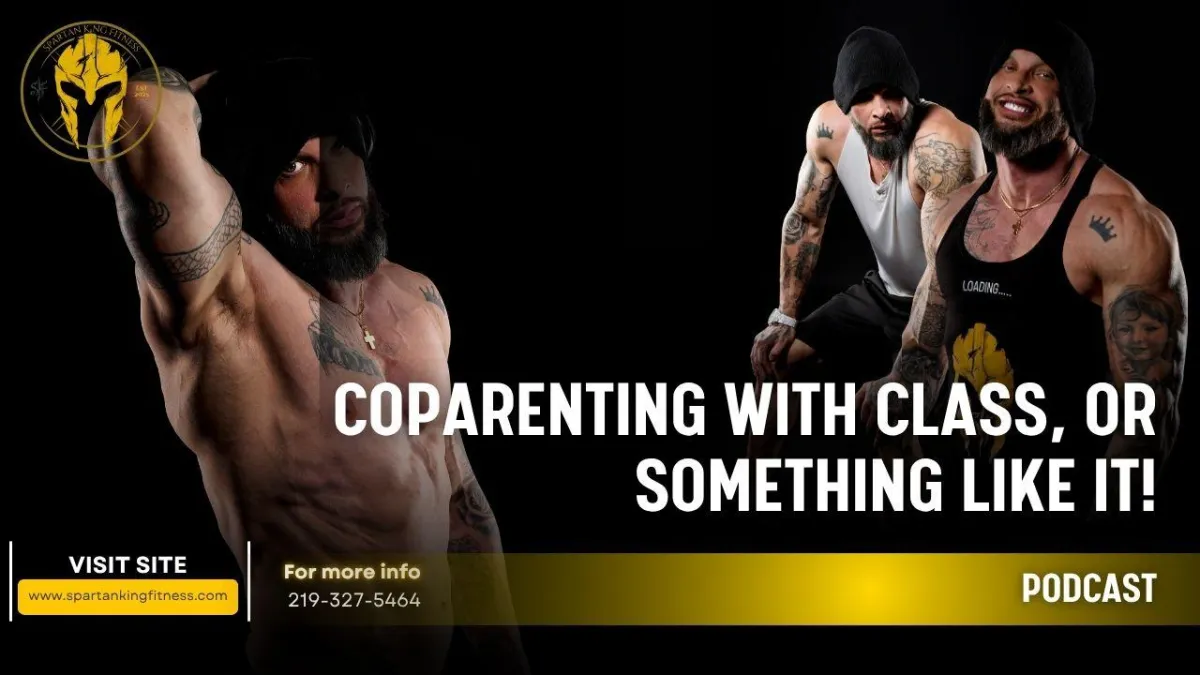BLOGS

Coparenting With Class, Or Something Like It!

One Team, Two Addresses: Raising Kids Without the Chaos
Coparenting isn’t always easy. In fact, for many, it’s one of the hardest transitions life can bring. But here’s the truth: your child didn’t ask for the situation — and they shouldn’t suffer because of it.
Whether your relationship ended on good terms or not, coparenting with class is a decision, not a feeling. It’s about showing up with maturity and keeping your focus where it belongs: on your child’s well-being.
💡 Why It Matters
Children love both their parents. No matter what happened between the adults, kids deserve peace, consistency, and unconditional love from both sides. Conflict between parents causes confusion, anxiety, and often long-term emotional damage. But when parents choose to work together, even from separate households, kids thrive.
It’s not about agreeing on everything. It’s about choosing not to argue about everything.
💥 Coparenting With Class Means:
Respecting boundaries — you don’t have to like each other, but you do need to honor the other parent's role.
Keeping kids out of the middle — don’t use your child as a messenger or emotional crutch.
Being consistent — routines, discipline, and communication help kids feel safe.
Speaking positively (or not at all) about the other parent in front of your child.
✊🏽 Mental Health Comes First
When coparenting becomes toxic, it’s the child’s mental health that takes the hit. Constant tension can lead to:
Anxiety and stress
Behavioral problems
Poor self-esteem
Difficulty forming healthy relationships in the future
On the flip side, peaceful coparenting builds resilience, security, and emotional stability.
✅ Remember This:
"One team, two addresses. Kids come first. Always."
That’s the mindset that transforms broken homes into healthy, nurturing environments. It's not always about being perfect — it’s about being intentional.
🎧 Listen to the Episode
This message came straight from our latest Spartan King Fitness Podcast:
🎙️ “Coparenting With Class, Or Something Like It!”
Tap into raw truth, real-life experiences, and actionable wisdom for building a better parenting dynamic — one focused on the kids, not the chaos.
Because parenting is about more than presence — it’s about purpose.


